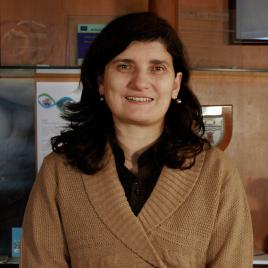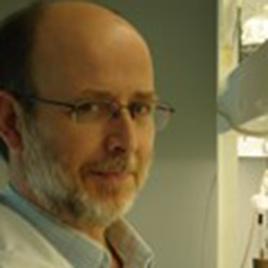Objectives and competences
1. Promote the use of biotechnology to solve global problems affecting society, linked, for example, to climate change, food production, the restoration of ecosystems, or the development of new biopharmaceuticals, active compounds, or molecules of marine origin of interest in the bioeconomy;
2. Encourage interest in the field of biotechnology for the development of applied and technological solutions, with a social framework
3. To learn about the major social, environmental and health challenges that could be partially or totally mitigated using plant biotechnology and marine biotechnology;
4. Be able to outline an innovative biotechnology strategy in a coherent, critical and properly budgeted manner
5. Recognize and apply different laboratory tools used in projects linked to plant and marine biotechnology.
Teaching Methodologies
The teaching methodology will be diverse and will utilize different innovative teaching methods to improve student participation, engagement and motivation towards the topics being covered. These will include:
Flipped Classroom: Assigning students pre-recorded lectures or readings to review before class, then using class time for interactive discussions, activities, and problem-solving.
Problem-Based Learning (PBL): Presenting students with real-world problems to solve, encouraging critical thinking, collaboration, and application of knowledge.
Project-Based Learning (PjBL): Tasking students with long-term projects that require research, planning, execution, and presentation, fostering independence and creativity.
Peer Teaching: Allowing students to teach each other through presentations, group discussions, or peer review sessions, reinforcing understanding and communication skills.
Case Studies: Presenting students with detailed accounts of real or hypothetical situations to analyze, encouraging application of theoretical knowledge to practical scenarios.
Simulations and Role-Playing: Using simulations or role-playing exercises to immerse students in realistic scenarios relevant to their field of study, promoting experiential learning and problem-solving skills.
Technology Integration: Incorporating various educational technologies such as virtual reality, simulations, or online collaboration tools to enhance learning experiences and cater to diverse learning styles.
Interactive Lectures: Breaking up traditional lectures with interactive elements such as polls, quizzes, group discussions, or multimedia presentations to keep students engaged and actively participating.
Peer Assessment and Feedback: Encouraging students to provide constructive feedback to their peers on assignments or presentations, promoting critical thinking and enhancing communication skills.
Mind Mapping and Concept Mapping: Using visual tools such as mind maps or concept maps to organize and connect complex ideas, facilitating understanding and retention of information.
Collaborative Learning: Assigning group projects or collaborative assignments that require students to work together, fostering teamwork, communication, and negotiation skills.
Experiential Learning: Providing opportunities for hands-on experiences including fieldwork and laboratory experiments, allowing students to apply theoretical knowledge in real-world contexts.
Syllabus
1. The study of contemporary issues in the human, food, and natural resource systems, including those brought about by climate change.
2. Plant Physiology and Metabolism.
3. The Evolution of Agriculture and Tools for Plant Innovation
4. Biotechnology applied to plant pathology.
5. Sustainable environment: Soil Health. Biotech solutions for abiotic stress mitigation.
6. Biotechnology for improved crop nutrition.
7. Marine biodiversity, biotechnological applications and ethical considerations.
8. Algae biotechnology: cultivation, production and maintenance factors and scale-up
9. Algae biotechnology in aquaculture, in agriculture in bioremediation
10. Bioprospection of marine organisms: bioactive compounds, enzymes, biomaterials.
11. Biotechnology applied to marine organisms in the development of value-added applications, including biofuels, nutraceuticals, functional foods, pharmaceutical compounds.






